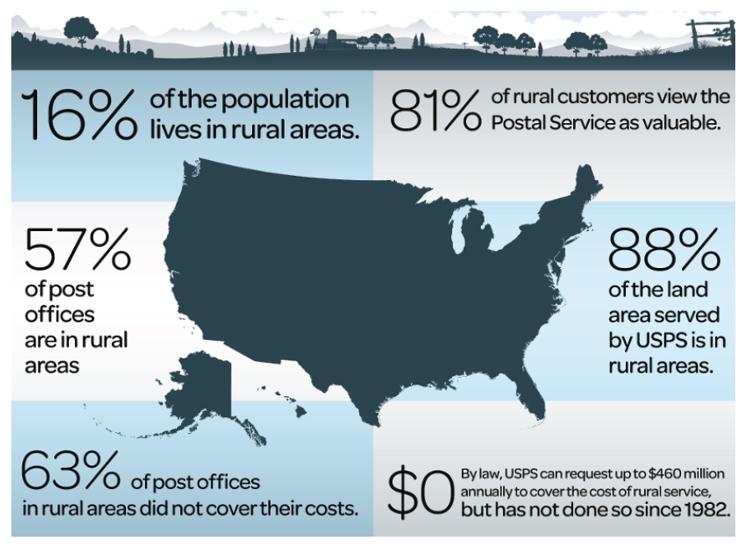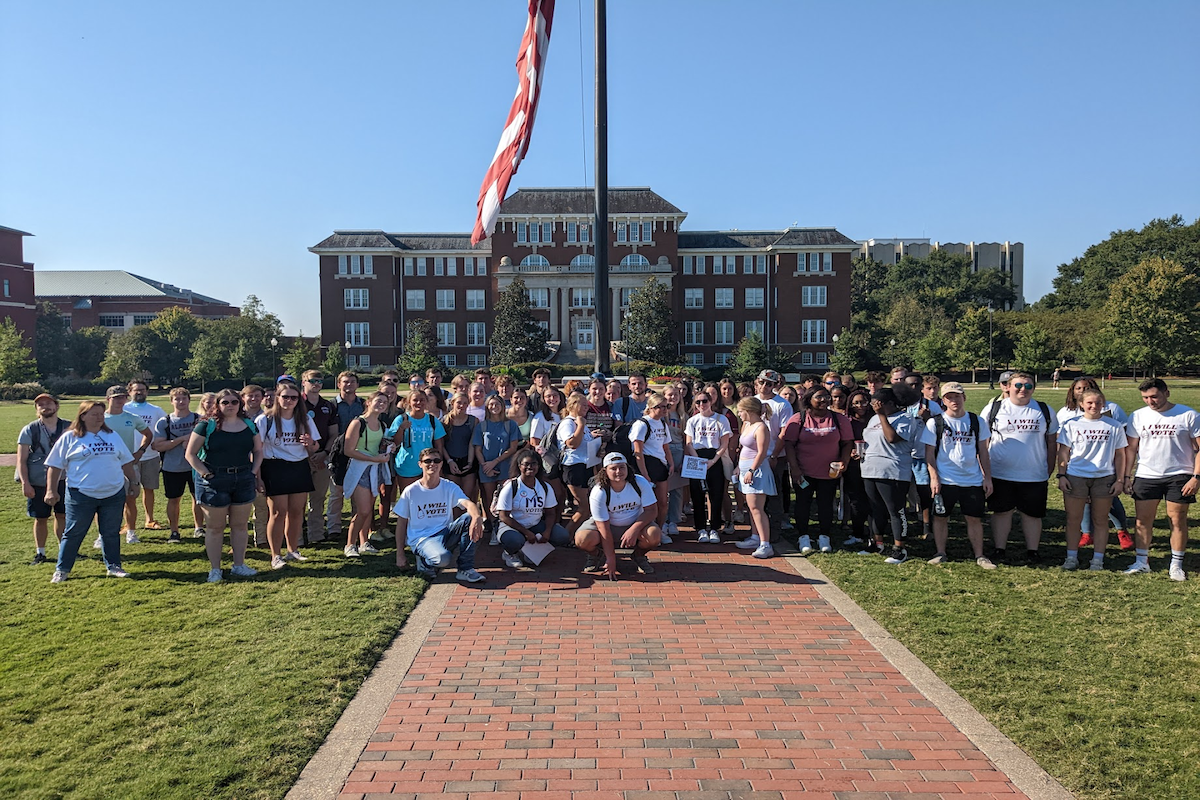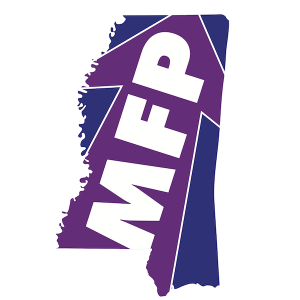“You should have hand-delivered these forms, instead of relying on USPS to deliver them on time.”
This is what the Oktibbeha County circuit deputy clerk told Dr. Thessalia Merivaki when she visited the election office with an envelope filled with 200 voter registration forms. USPS had returned them back to her office as undeliverable.
“We will process these, and they will be registered to vote, but they will not be eligible to vote in November 2022,” the deputy clerk continued.
There was no postmark on the envelope, so even though college students—who wished to register to vote on Sept. 20, 2022—signed paper registration applications on National Voter Registration Day, there was no “proof” that these forms were sent to the local elections office prior to Mississippi’s registration deadline on Oct. 10, 2022. Mississippi election law is clear that registration applications “must be postmarked or hand delivered to the Circuit Clerk’s Office located in the county of your voting residence no later than 30 days before an election.”
We have this same conversation every two years with our local elections office. MSU political science and public administration faculty partner with the MSU Student Association and hundreds of student volunteers to organize campus-wide voter registration drives on National Voter Registration Day. These drives have been effective in getting first-time voters to register to vote and learn about how to vote in Mississippi.
However, every election year, we run into two major problems: Registration applications are not delivered to local election offices across the state, including our local election office, on time; and paper voter registration forms are sometimes illegible and/or have missing information. Both these problems result in many first-time voters not being successfully registered to vote, and in order to eventually make it to the voter rolls, they have to go through more steps to complete their registration.
Some do everything right. They complete their forms on time, contact their local election office to verify registration, and they drive back to their home county to vote in-person, only to be told that they are no longer registered to vote there. Then, they drive back to the county of their school, only to be told they are not eligible to vote there, either. The process fails them and they are left out.
Mississippi Refuses Online Voter Registration
Mississippi is among the very few states that refuses to modernize the voter registration process and adopt online voter registration. This policy is now used in 42 states and Washington, D.C., so it’s unclear where the resistance comes from.
Republican and Democratic voters use OVR to register to vote daily. It significantly reduces the burden of election officials to process paper forms, which are error-prone and disproportionately affect young voters and voters of color. Online registration also lowers the cost of mailing a form to distant locations and decreases the risk of mail delivery delays, especially in states where USPS services are unreliable.
Mississippi allows registered voters to visit Y’all Vote and electronically verify their voter registration status and update their voter registration information. To verify one’s status or update one’s information, they are required to provide name, date of birth, county of residence, and the last four digits of their Social Security number. In most states, if not all, the signature provided on the paper-based voter registration form is matched with the electronic signature provided at the Department of Motor Vehicles, when the voter applies for a driver’s license or a state identification.

Y’all Vote was implemented in 2014 thanks to former Secretary of State Delbert Hosemann, with the intention to create the infrastructure for online voting registration. Any legislative proposal that includes OVR dies in committee every year, which strongly suggests that the state Legislature is not interested in this policy.
In the past, Mississippi legislators have cited concerns about security, saying that it is not safe to register to vote electronically. However, Y’all Vote uses a secure interface to process voters’ sensitive information, such as their date of birth and Social Security number. This argument is not sufficient to justify why OVR is not yet available in Mississippi.
States that have adopted online registration have seen cost savings in the processing of voter-registration forms, printing costs, as well as the significant cost of time local circuit clerks allocate. Many circuit clerks often request approval from the secretary of state’s office to hire temporary workers to assist them with applications every federal election year.
Democratic and Republican state chief election officials endorse online voter registration as among the least controversial election policies. In Mississippi, it is needed to improve access to the voting process, especially for young people. Including the youth in the election process with a more convenient and secure way to register to vote is a no brainer.
Several security features maintain the integrity of elections. There are also alternative approaches to implementing online registration when the Legislature is hesitant to do it.
At least 11 states merely approached this policy as a procedural change that improves the administration of elections, and then implemented OVR without state legislative approval. Many states are not fully paperless when processing electronic registrations, meaning that election officials have a paper trail to use to verify an application submitted online. Voters who do not have a driver’s license still have to follow additional steps to ensure that they are eligible to register to vote.
After completing our registration drives in September 2022, our students concluded that it is difficult to register to vote in Mississippi. There are ways to fix this, but our state legislators must make it easier for election officials to do their job and keep elections safe.
This MFP Voices essay does not necessarily represent the views of the Mississippi Journalism and Education Group, the Mississippi Free Press, its staff or board members. To submit an opinion for the MFP Voices section, send up to 1,200 words and sources fact-checking the included information to azia@mississippifreepress.org. We welcome a wide variety of viewpoints.






